STEM and Humanities need to be balanced (Editorial)
Humanities classes include arts, foreign languages, literature, psychology and more.
Many arguments could be made for making humanities classes a higher priority in schools. Lately, it seems like STEM classes (science, technology, engineering and mathematics) are considered to be more important than social studies or arts classes.
Liberal arts classes are the first to go during budget cuts. In February 2016, Kentucky governor Matt Bevin suggested that liberal arts students shouldn’t receive state funds for college tuition. Bevin stated that, “The net result of putting public tax dollars into education is to ensure that we actually are graduating people that can go into the work force.”
While humanities classes should be protected in schools across the country, there is then the threat of the roles being reversed. Humanities and art classes should exist as opportunities available for students without being a requirement. Some things simply can’t be taught in a school and must be taught with one’s own life experience.
Humanities includes religion, which is still seen as a touchy subject in public schools. Religion can be taught only for historical and literary value but teachers cannot impose their views on the students.
U.S. Supreme Court has repeatedly stated that “it might well be said that one’s education is not complete without a study of comparative religion, or the history of religion and its relationship to the advancement of civilization.” The Supreme Court encourages students to be taught about what the religions mean or where they were originated from without converting them.
Religion influenced many different areas within humanities, from art and music to literature and social studies. People uncomfortable with religion or related subjects would want to avoid humanity classes.
The New York Times found that only 20% of undergraduates at Harvard University in 2012 were majoring in humanities. This is a steep drop from the 36% in 1954. Less humanities classes in high school lead students to a STEM-oriented career, which affects their college major.
Less humanities majors may originate from students not being exposed to the subjects in high school. It may also be due for the demand of specific jobs. Technology grows and advances every day, which creates jobs in that field of work. There will always be a demand for jobs in the STEM field, but young students should still be taught about their opportunities if they choose to focus their life on art.
Disclaimer: Articles designated as “Editorial” represent the views and opinions of the author, not the 2016-2017 Periscope staff, CHS Administration, or the CHS student body.
Want to help the Herd? Please consider supporting the Periscope program. Your donation will support the student journalists of CHS and allow us to purchase equipment, send students to workshops/camps, and cover our annual website hosting costs.

Kenny Brenizer is a junior and the perspectives editor for the 2016-2017 Periscope staff. She does no sports. She has no hobbies. She just wants cats and...













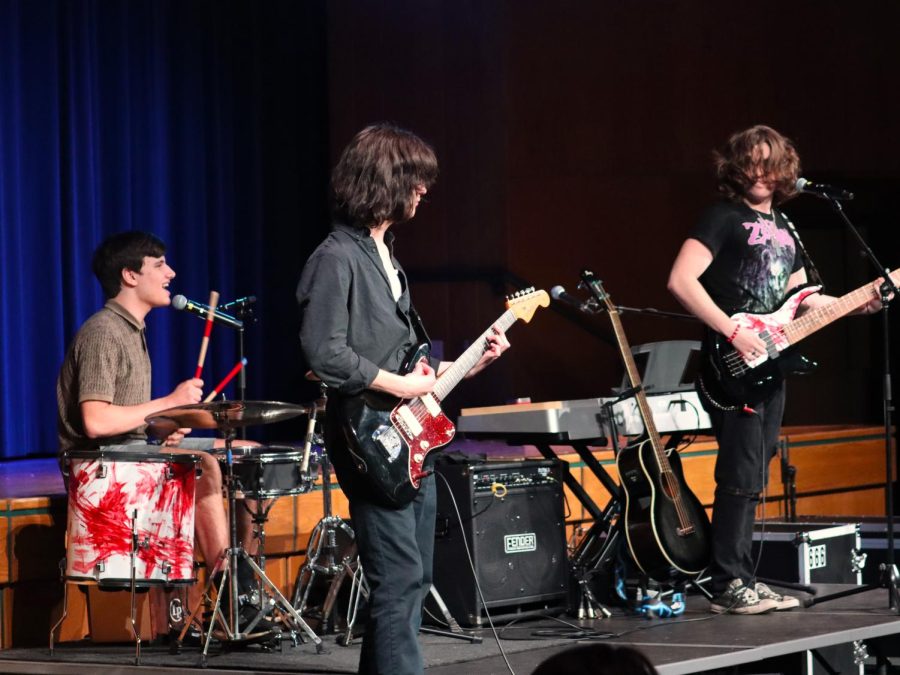















































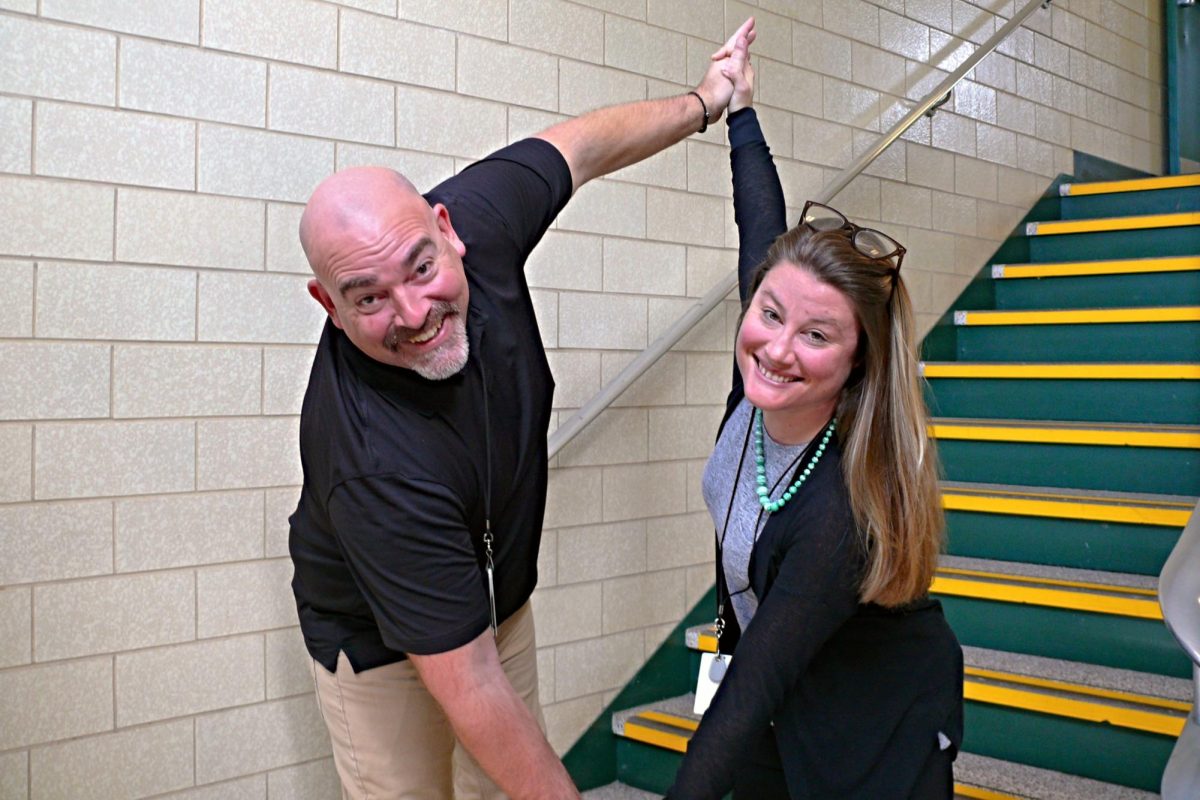

































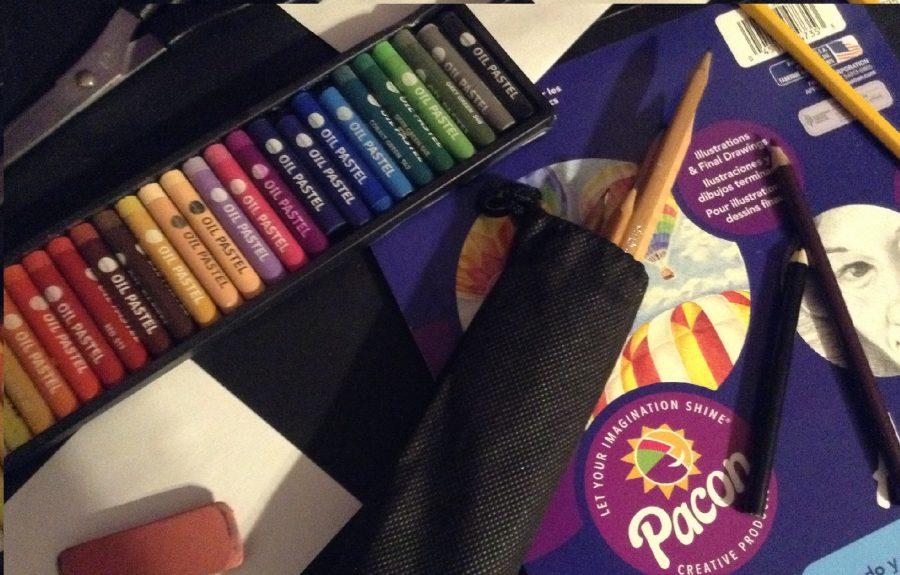
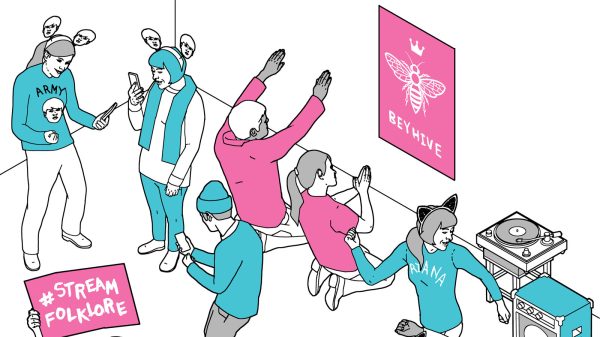
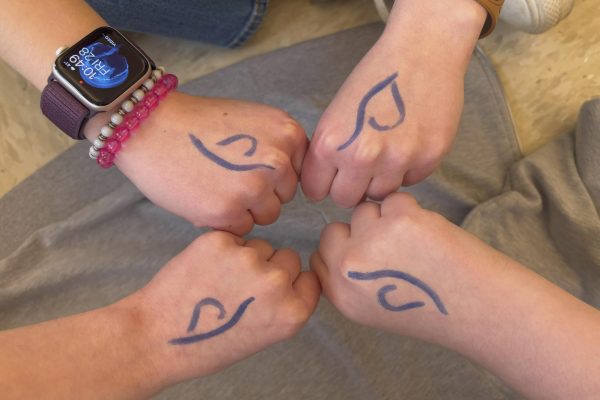

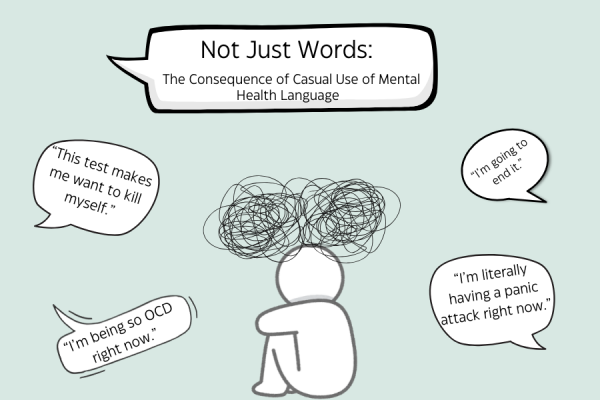

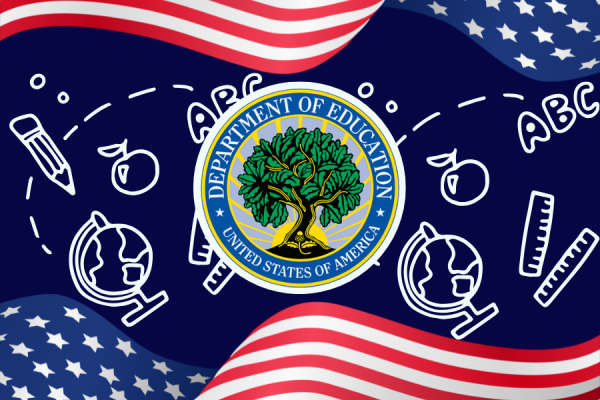

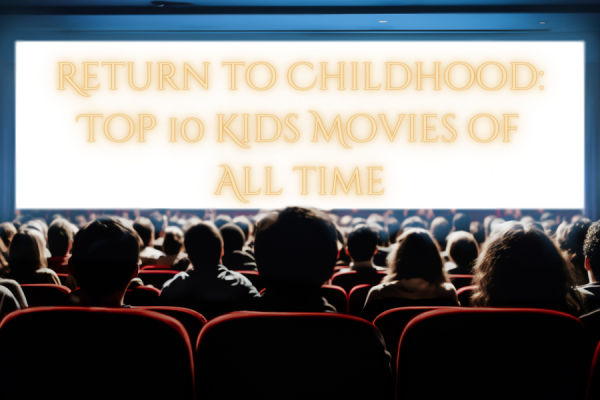

Harry Wendelken • Mar 24, 2017 at 8:41 am
I’d say the fundamental difference is that most humanities can, at least to an extent, be done privately in one’s free time, whereas STEM really requires a degree of expertise that cannot be self-taught. Humanities are nice, but do they really have to be taught in a school?